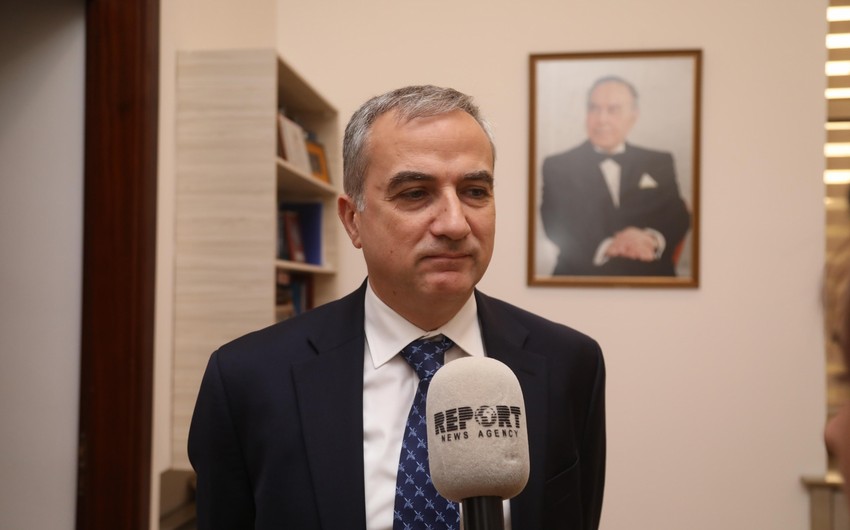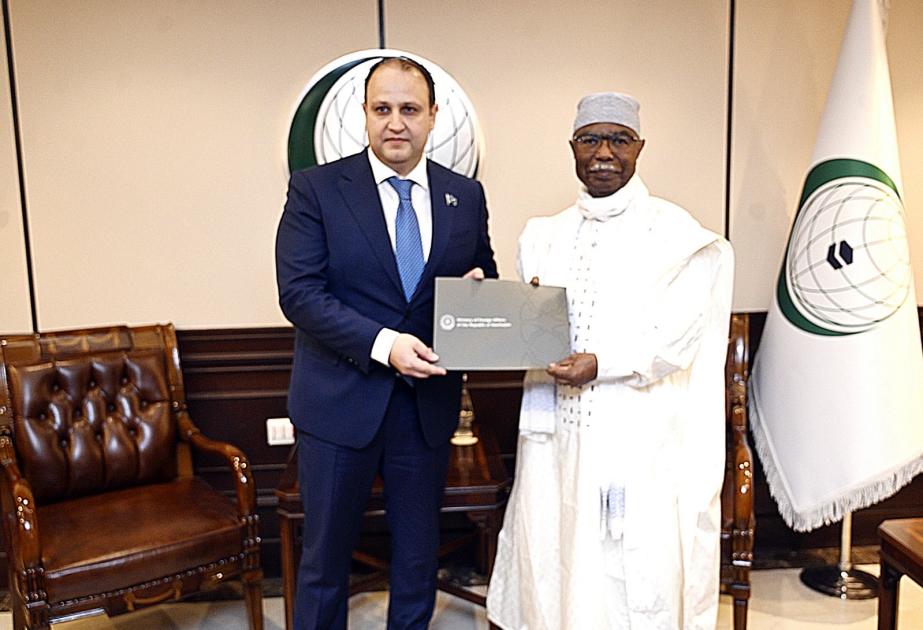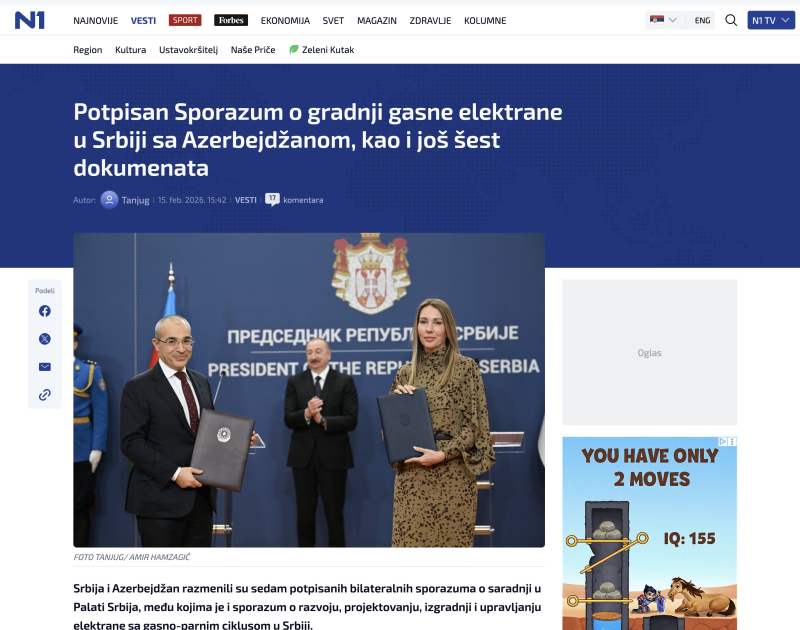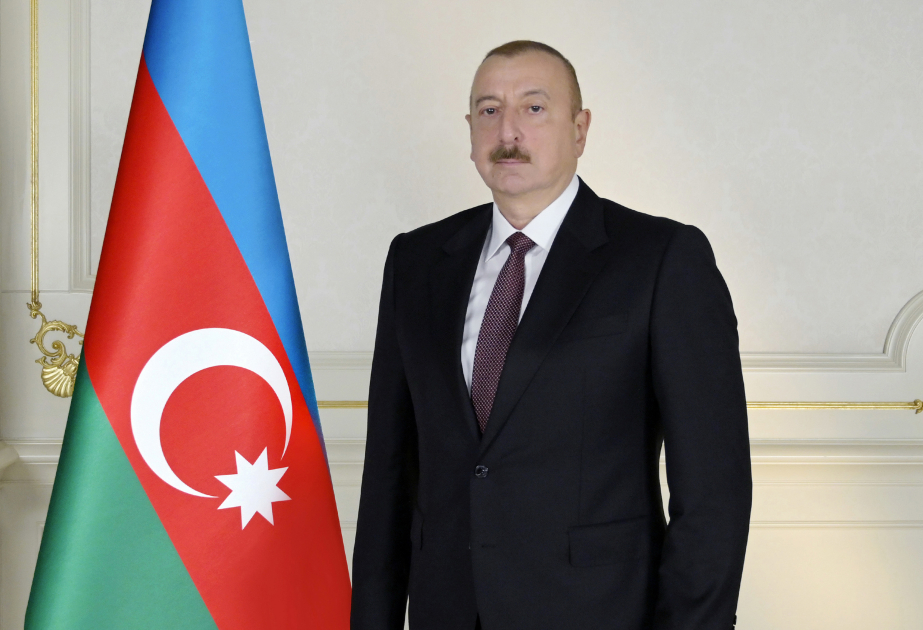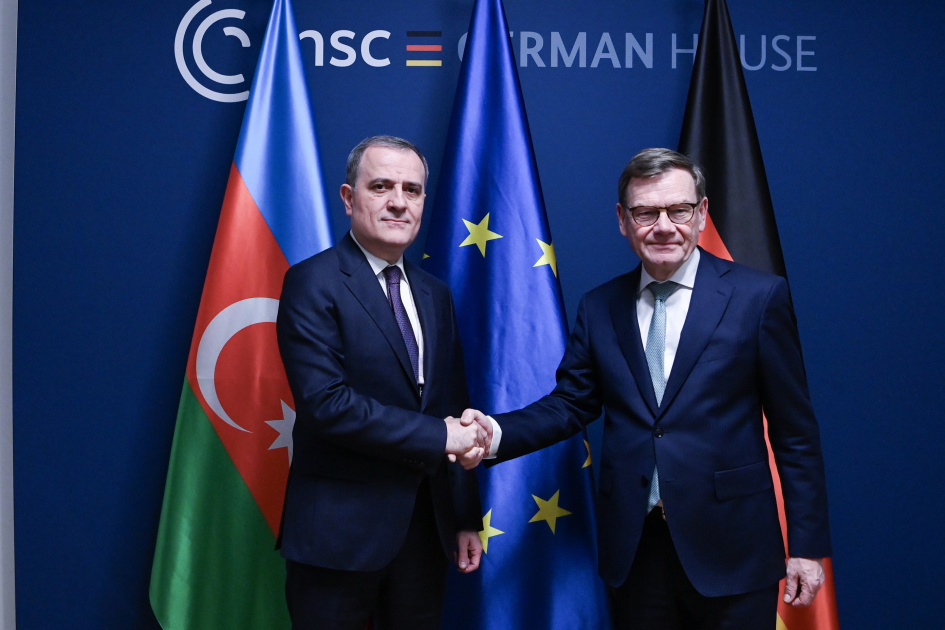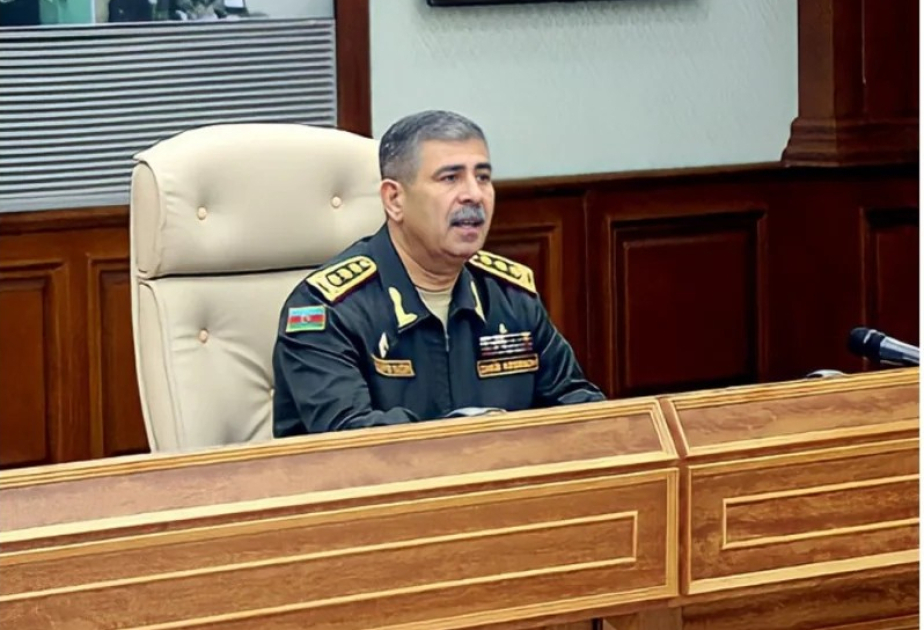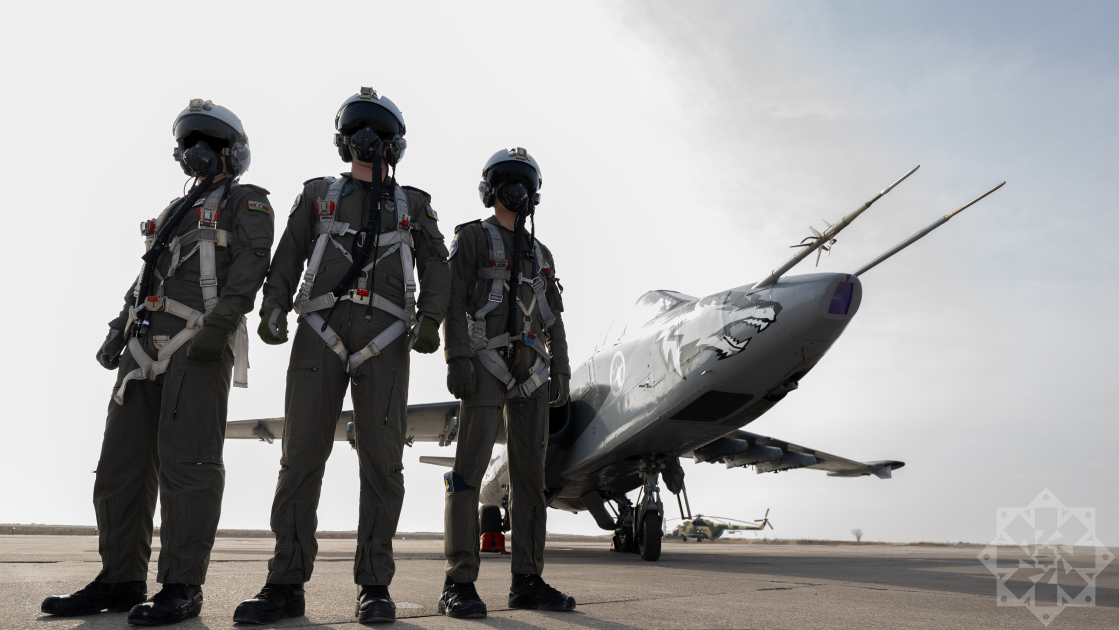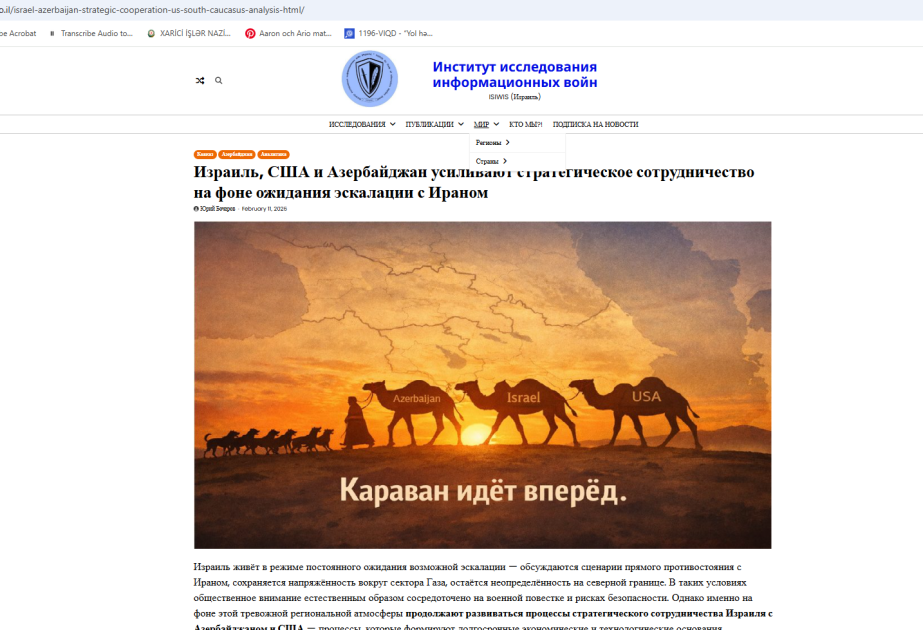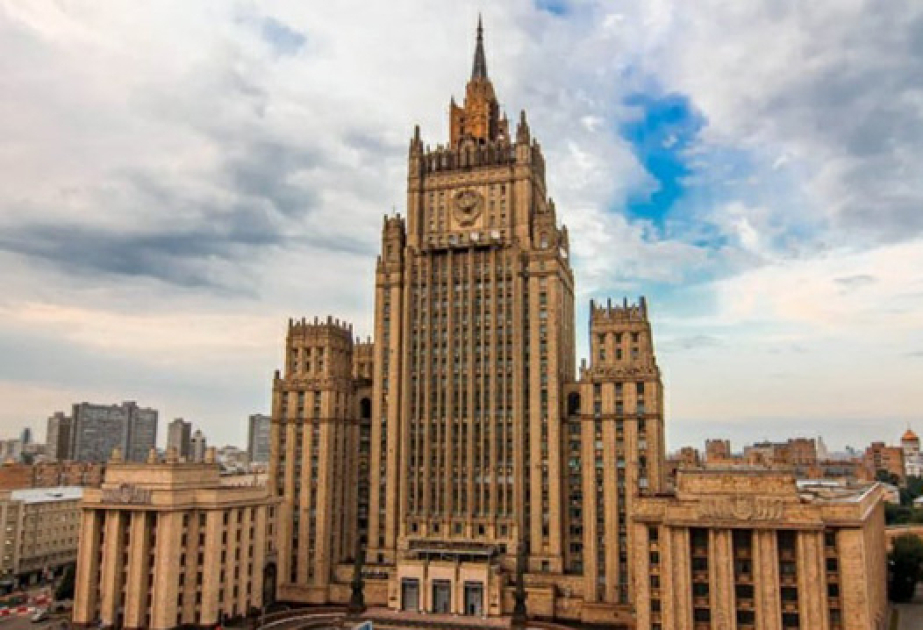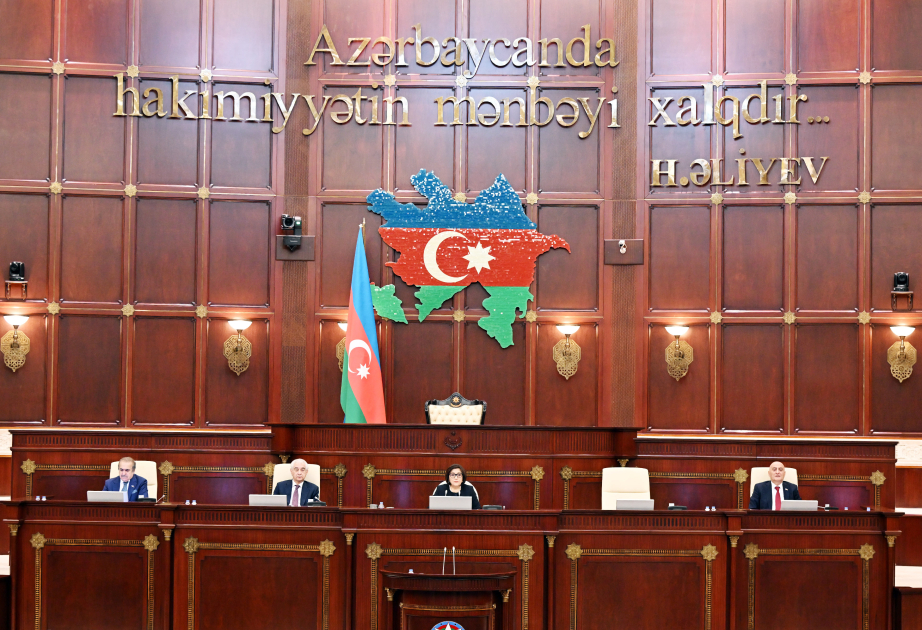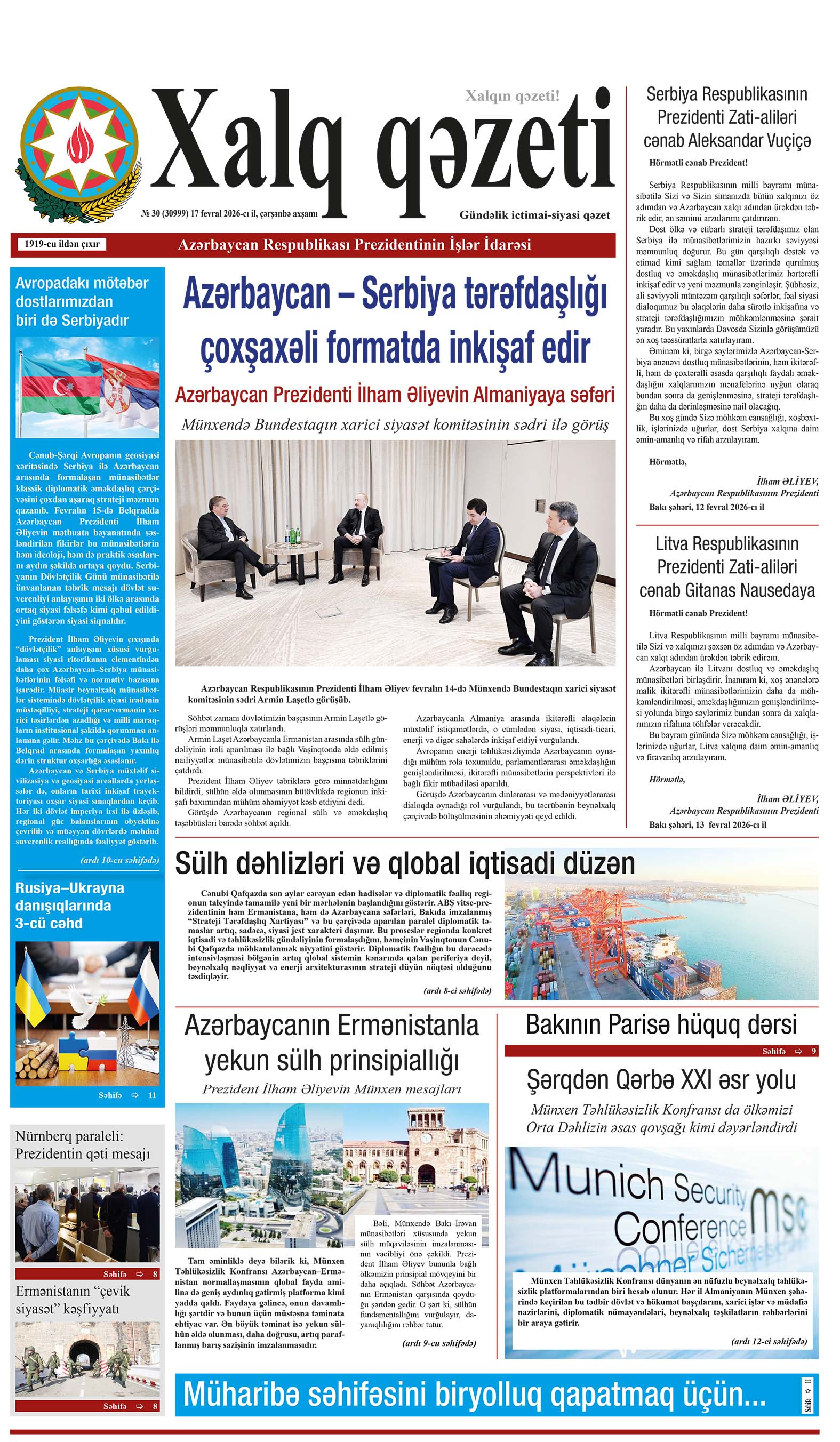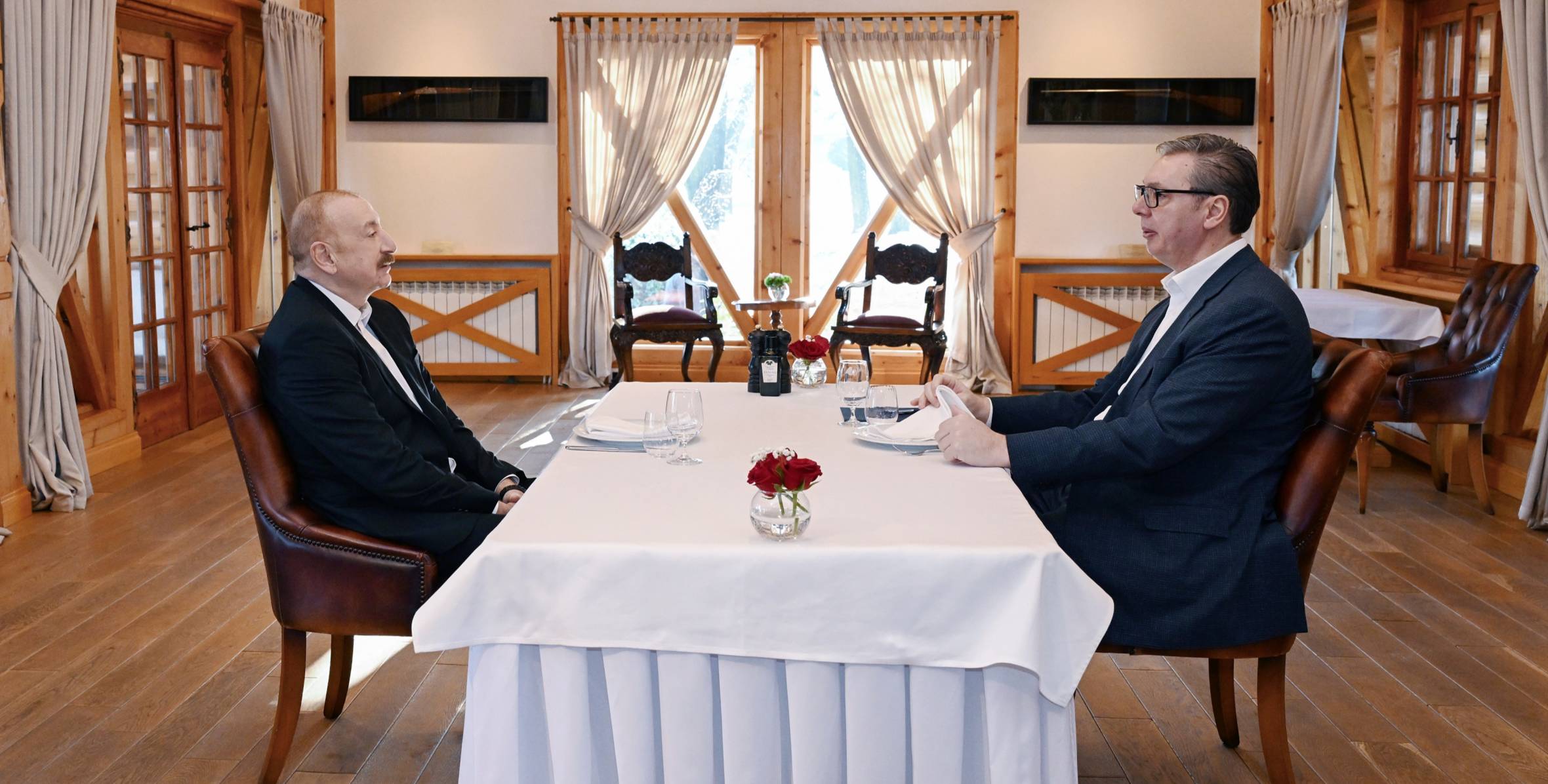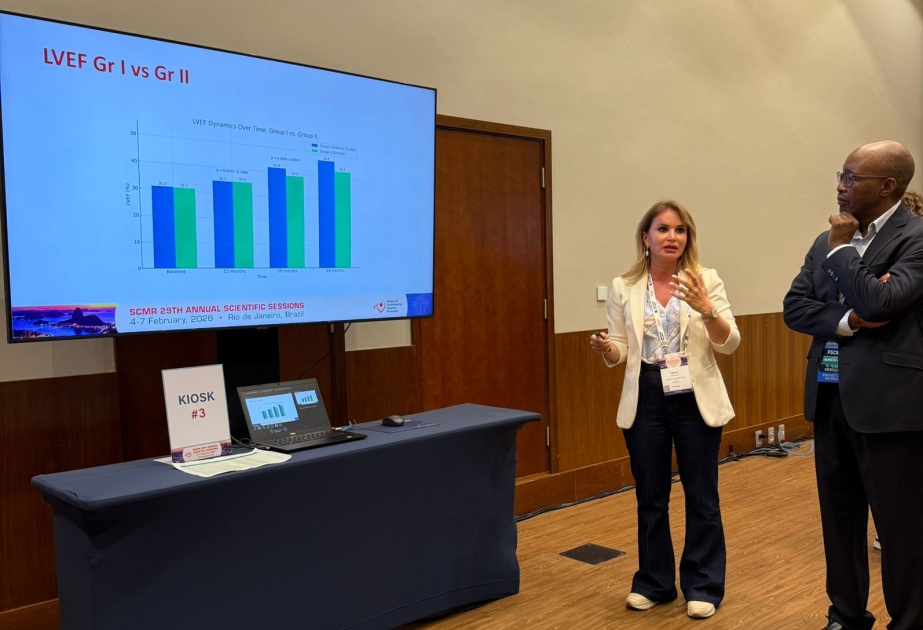Armenia talks about peace, but campaigns against Azerbaijan, Farid Shafiyev, Chairman of the Board of the Center for Analysis of International Relations (AIR Center), told Report.
Speaking about the main priorities of Azerbaijan’s foreign policy after the liberation of the occupied lands of the country, the chairman said that there is a need for additional discussions in this regard.
“Unnecessary competition between the powers that want to mediate in the signing of the peace agreement between Azerbaijan and Armenia hinders the ‘process’. There are a number of important issues related to Armenia: delimitation, opening of transport routes, etc. We face certain problems in solving these issues due to Armenia’s non-constructive position. Armenia talks about peace, but it campaigns against Azerbaijan in the media, scientific, and legal fields. Unfortunately, American and European countries support this. Therefore, Azerbaijan should fight against this campaign,” Shafiyev said.
He added that US officials are making statements about mediation between Azerbaijan and Armenia: “We will not accept this mediation after their latest statements. If they refute their position with any statement, then we can accept mediation. The UK can also be a mediator. Compared to other countries, the UK shares a balanced position. Azerbaijan is not a supporter of mediators. Because they come out with their own agenda. At the same time, there is competition between the great powers, which does not allow any intermediary to maintain its monopoly.”
According to Shafiyev, another issue is the return of Azerbaijanis to the liberated territories: “On the one hand, this is our internal issue, on the other hand, it is a part of foreign policy. In the future, there will be a mission to attract foreign investors to those areas and solve the issue of landmines. Issues such as the cooperation of the Turkic states and the Middle Corridor are also priorities for our foreign policy.”


